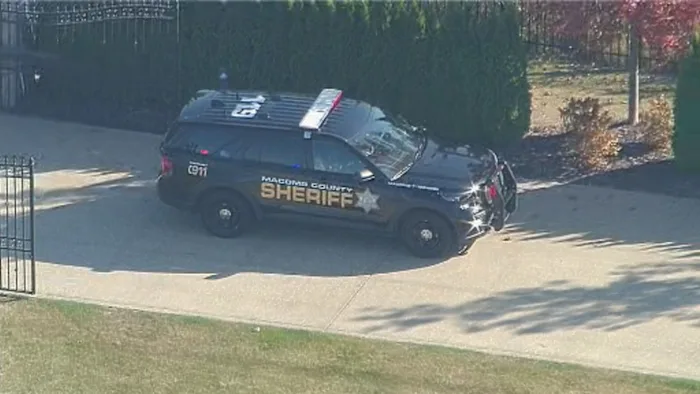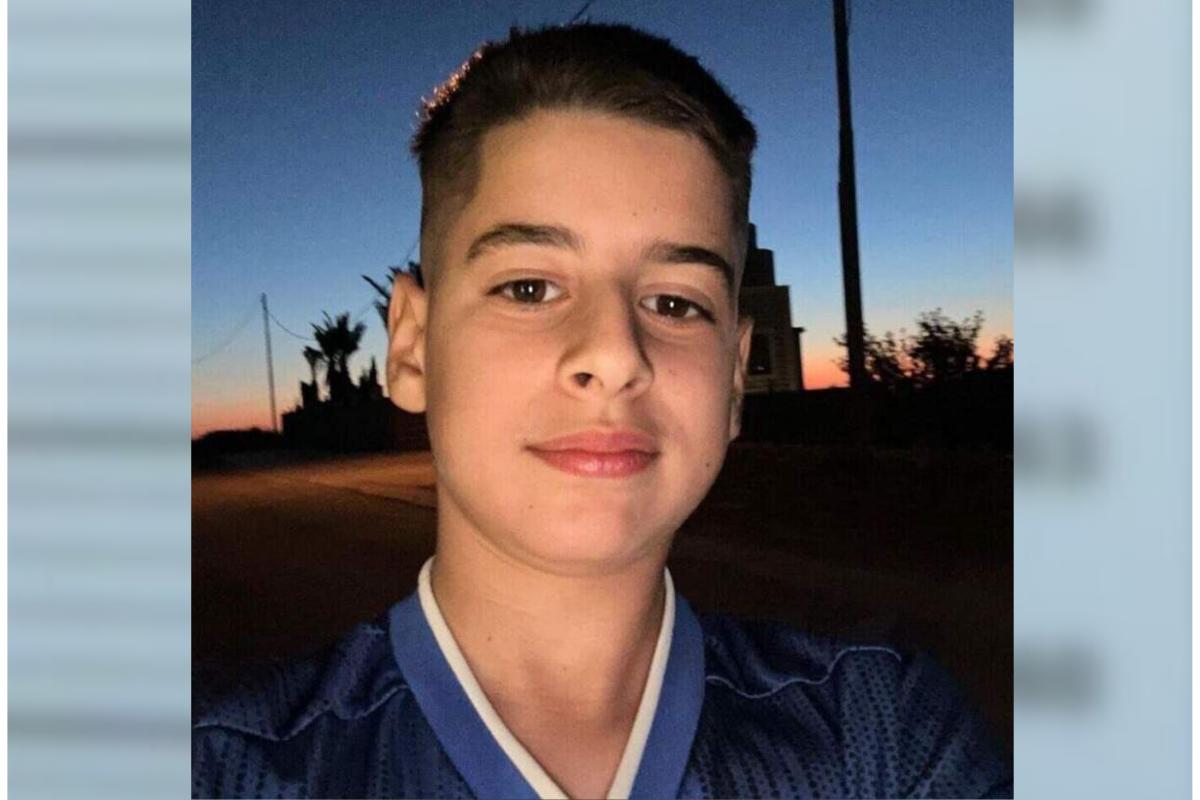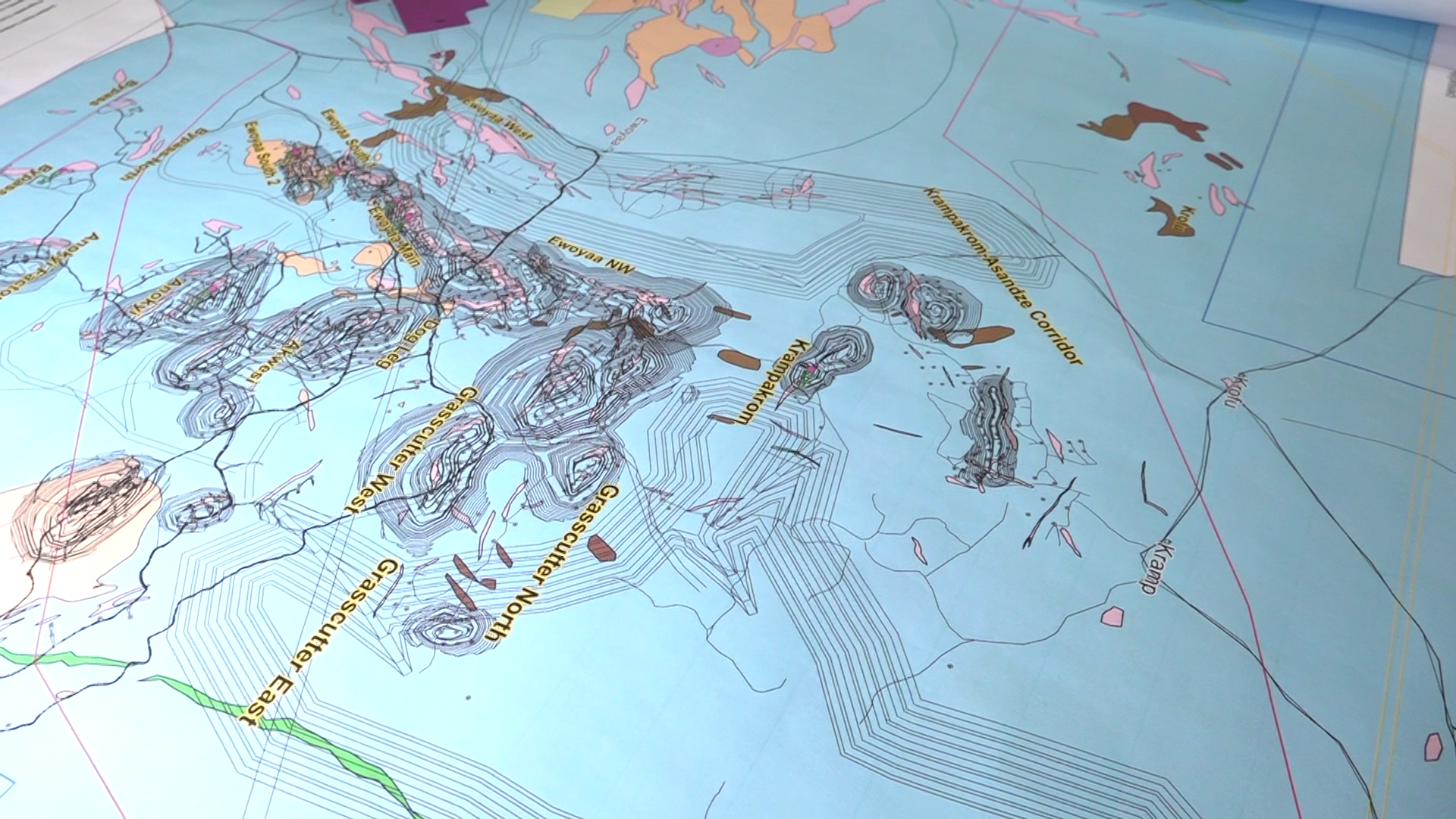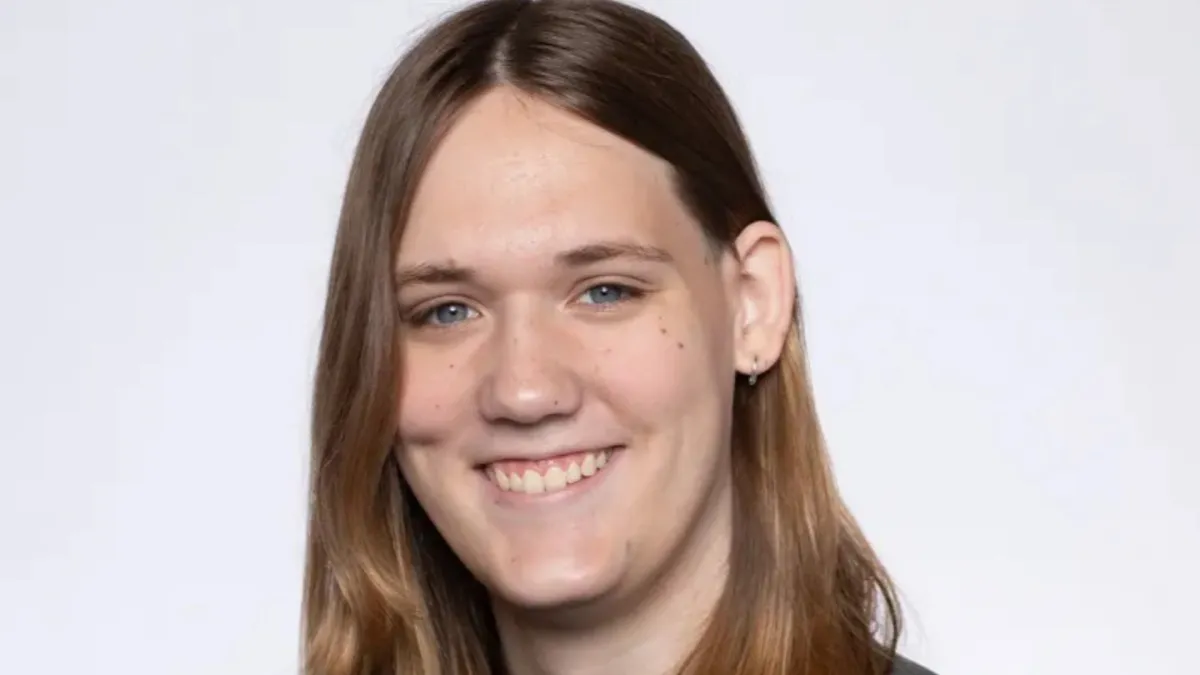Copyright HuffPost
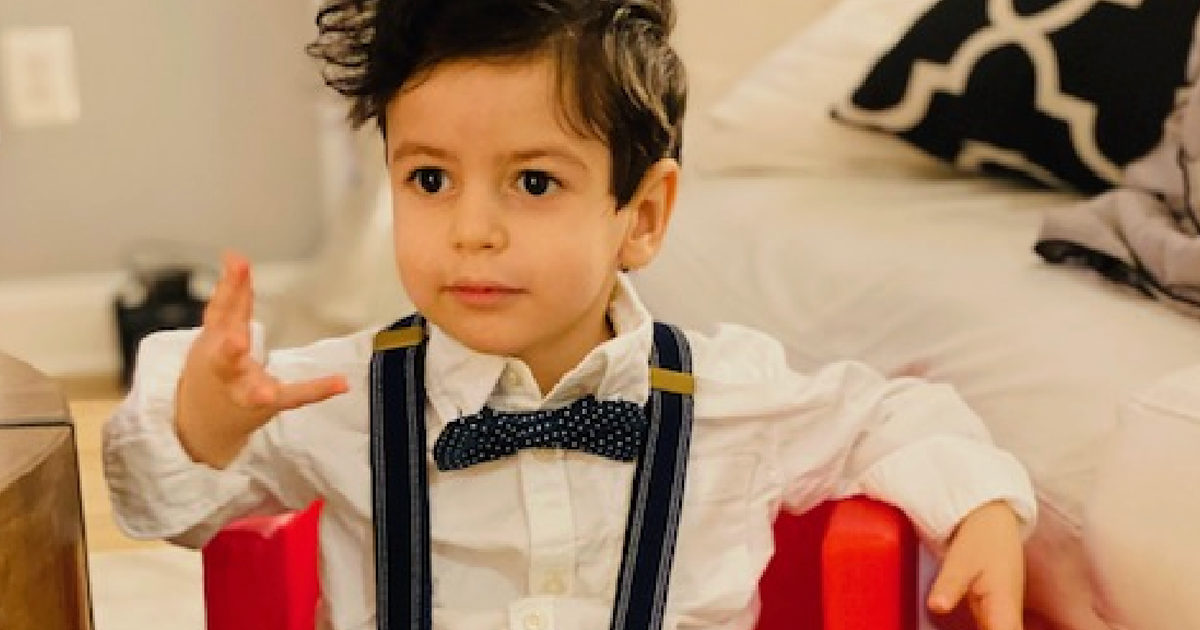
I used to live by rules. I don’t mean just the written kind — though I read more laws in a month than most people do in a lifetime — but the unspoken kind. The ones that say you’re supposed to think before you feel, explain before you trust, doubt before you believe. That was how I moved through the world. I was a corporate attorney, working across borders and time zones, fluent in the language of logic. I liked certainty. I relied on it. It gave me a sense of control. Then my son died and certainty disappeared. His name was Max. He was bright, fiercely determined, and — truly — a little tech genius. Even when he was sick — even when no one could explain what was happening inside his tiny body — he fought. He fought so hard. For four short years, he amazed doctors and specialists who couldn’t figure him out. He became a case study at the National Institutes of Health. His resilience baffled them. He defied expectations like it was his job. And in between all the hospital visits and unknowns, he still found a way to live like only a child can — fully, deeply and with the kind of quirky joy that stays etched in your soul. Advertisement And he was still little. Too little to die. When he did, something in me broke. It wasn’t in a dramatic, screaming-on-the-floor way. It was more like … everything I’d built just stopped making sense. I kept going to work, kept doing what I was supposed to do, but inside, it was like someone had pulled the plug on my internal compass. I didn’t know which way was up. I read every book I could find about grief. I researched what happens to the brain after loss. I listened to podcasts. I sat with therapists. I even looked into near-death experiences — me, a lawyer, searching for signs of the afterlife like a desperate mother clawing at the dark. Because I was. I was desperate. I wanted to know he was OK. I wanted to know that something of him still existed. That I hadn’t just kissed him goodnight one evening and lost him forever. Advertisement The first time I sat with a medium, I was skeptical. I didn’t tell anyone I was doing it — not even my sister. It felt ridiculous. Embarrassing, even. This wasn’t something I believed in. But I was also out of options. I told myself I’d sit politely, listen, and then chalk up my willingness to indulge in something like that to grief. That’s what I assumed it would be — just another version of comfort. Someone telling me Max was “at peace” or “watching over us.” I wasn’t looking for answers anymore. I just wanted ... something. Even if it was vague. Even if I didn’t believe it. But that’s not what happened. Because, as soon as this stranger opened her mouth, I felt something I hadn’t felt in months: recognition. Advertisement She didn’t speak in soft platitudes. She didn’t even ask questions. She just said things. Specific things. Intimate things. She mentioned the pink stuffed pig — Max’s constant companion. Not a teddy bear. Not a blanket. A pig. She said, “It’s still there, right? On the edge of the couch?” And I froze. Because it was. I hadn’t moved it. None of us had. We couldn’t bring ourselves to. Advertisement Then she said, “He’s showing me a red chair. He’s sitting in it like it’s his throne.” That hit me hard. Max was always in that chair — climbing sideways, flopping over the arm, completely at home. I’d never thought of it as meaningful. But suddenly, it was. It was him. She didn’t stop there. She brought up our family song, Bob Marley’s “Three Little Birds.” She said he heard us play it in the kitchen, and he’d been dancing with us. That moment had happened just days earlier. The music, the sunlight, the smell of breakfast. For a brief second, we’d felt him there too. Now I was being told he was actually there. Advertisement And then she laughed gently and said, “He was there the night your daughter woke up crying. The bottle dropped on the floor. He thought it was funny. He was helping you calm her down.” It was such a small, forgettable moment — but it had happened. Exactly like that. These weren’t guesses. These were memories. My memories. Private ones. Things no one else could’ve known. And I didn’t feel comforted. I felt undone. It wasn’t in a bad way — it was in a “what is happening” kind of way. Because something was happening. I just didn’t have words for it yet. It was a slow, strange unraveling — followed by something even more surprising: an awakening. I don’t mean in the cliché sense of suddenly “finding the light,” but in the quiet, persistent way grief rewires your perception of reality. Advertisement I didn’t just question the world. I began to experience things that defied everything I’d been taught to trust. At first, I thought maybe I was just grieving in a weird way — that maybe my brain was inventing stories to comfort me. But the more I leaned in, the more undeniable it became. So, I stopped hiding my curiosity. I started studying. I took classes. I learned from people who’d been doing this work for decades. I applied the same intensity to mediumship that I had to law school. I wanted to know how it worked — not just emotionally, but energetically. One day, during an online training session with a certified medium from the Windbridge Institute — a research organization founded by neuroscientists studying mediumship and consciousness — she said, “Why don’t you try reading my energy? Just go with what you feel. Describe the room I’m in.” Advertisement I laughed, caught off guard. “What are you asking me?” I said, half-joking. I had no idea what I was doing — but I closed my eyes anyway, took a breath, and tried. And then something happened. I started describing the space she was in — the layout, the tone, even the colors. But then, in my mind’s eye, I saw a woman. She wasn’t just a shape or a thought. She was vivid. Whole. Familiar, even though I’d never met her. I described her hair, her energy, the warmth in her presence. I gave specific details — right down to her name. All the while, I thought maybe I was just imagining it, letting my mind wander. But it didn’t feel like fantasy. It felt … true. Advertisement When I finished, the medium nodded slowly and said, “That’s my mom. Everything you said — that’s her. You just connected.” I sat there in silence, stunned — not because I felt powerful, but because, for the first time, I understood what it meant to be tuned in. I hadn’t conjured anything. I hadn’t tried to perform. I had simply allowed myself to be still, to pay attention, and in that stillness, something had come through. Something that felt real. Not imagined. Not projected. Real. Advertisement And it didn’t stop there. What followed were hundreds of connections. People I didn’t know. People who showed up with skeptical eyes and grieving hearts. And one after another, their loved ones came through with these small, impossibly accurate details — names, gestures, private jokes, memories no one could Google. I found myself saying things I didn’t understand and then watching the person across from me dissolve into tears because it was exactly right. “I found myself saying things I didn’t understand and then watching the person across from me dissolve into tears because it was exactly right.” Eventually, word started spreading. People began contacting me through word of mouth — one person would tell a friend, who would tell their cousin, and so on. It grew faster than I expected. So, I created a website to help streamline bookings. And yes, I did start charging for readings — not because I wanted to monetize grief, but because the demand became too high for me to keep up with otherwise. Advertisement With time, I also learned that the connection isn’t automatic. I need to meditate — usually about 15 minutes — before each session to clear my mind and truly tune in. If I skip that step, the reading often falls flat. There have also been times when I’ve had to end a session early, usually when someone came in too confrontational or closed off. The energy has to meet in the middle. This work isn’t a party trick; it’s a collaboration between the sitter, myself and the unseen. When it comes to “being wrong,” it’s more nuanced than that. The messages come through like puzzle pieces. It’s not a crystal-clear phone call from the afterlife — it’s more like a broken telephone line, full of symbols and impressions. Sometimes the sitter and I have to work together to understand where it fits. Other times, it hits instantly and unmistakably. But I never pretend to know more than I do. I interpret what I receive as best I can, with care and honesty. Do my colleagues know about this? Not really. They know I lost my child, and I trust they’d understand that some kind of spiritual searching might follow. But I haven’t shared this side of myself in the corporate world. That said, it hasn’t affected my work — at least not in the way people might assume. I do this quietly, late at night after the kids are asleep, or for a couple of hours on weekends while they nap. If anything, it’s sharpened me. I feel more intuitive in meetings, more attuned to people, more grounded in pressure. It’s made me a better colleague, a better thinker — and, in a strange way, it’s made my work feel more human. Advertisement As for my family, they’re skeptics. Just like I was. They think this is part of my grieving process, and maybe it is. They don’t ask questions, and I don’t offer explanations. And honestly, I’m OK with that. Do I think anyone can do this? In a way, yes. I believe we all come into the world with a connection — something intuitive and deeply felt. But as we grow, society teaches us to override it. To favor logic over instinct. And we forget. But during times of crisis or loss — or sometimes through a sudden, mystical experience — that channel can open again. Practices like meditation, prayer or even simply asking the big questions can awaken something within us. It’s not magic. It’s remembrance. And if someone feels called to it, I believe they can absolutely develop it. Now, years later, I still practice law. I still toggle between time zones, joining calls and meetings across borders, offering legal insight on complex international labor issues. But I also hold space for people grieving the way I did — people who don’t know what to believe anymore, people searching for the tiniest thread that their loved one is still somewhere. Still theirs. Advertisement Do I understand how it works? Not entirely. But I’ve stopped needing everything to be provable. That’s something grief taught me — that some truths don’t need to be explained to be real. You can still be logical and believe in things you can’t explain. You can still be rational and honor what your heart knows before your brain can catch up. Becoming a psychic medium didn’t take away my pain. It didn’t bring Max back into my arms. But it gave me a way to keep him close. It gave me a language for something I didn’t know how to say. And it gave my grief a shape, a purpose, something to do with all the love that didn’t have a home anymore. Advertisement I let in wonder. I let in the quiet voice that says, he’s still here. I let in the possibility that not everything needs to be seen to be known. And if you’ve lost someone, if you’ve ever felt them brush past you in a room, or heard a song at just the right moment, or dreamed of them so vividly it made you cry in your sleep — maybe don’t rush to explain it away. Advertisement Maybe just let it be what it is. Real. Selima Maxine is an accomplished international attorney and Fulbright scholar who, following the loss of her son, now also serves as a spiritual life teacher and psychic medium. She holds space for others navigating grief, transformation and healing. Her mission is to share the tools and insights that helped her turn profound loss into peace — guiding others to reconnect with their life’s purpose and access healing from within. Find her on Instagram @selima_maxine. Do you have a compelling personal story you’d like to see published on HuffPost? Find out what we’re looking for here and send us a pitch at pitch@huffpost.com.
